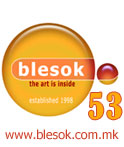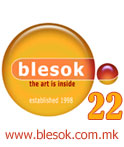De la eroina tragică la antieroină
Eugène Ionesco argues that in the category of absurd theatre authors Shakespeare, Cehov, but also Sofocle or Eschil could be included as well as other authors of the world, more or less important. The human beings that populate Beckett’s world are representations of a decomposed humanity that got through a big catastrophe or of a humanity at wait. If the Antic tragedy got its subjects from the king’s or world ruler’s gestures, the absurd theatre conceives its ”heroes” as human beings emptied of content, living in a hostile world, abandoned by the divinity. The tragic heroes represent general types of humanity, having spiritual dimensions out of the ordinary. In general, the fight between humans and gods is uneven, the humans being victims of a divine will. The heroines from the traditional theatre are strong characters. In balance or imbalance induced by devastating passions, they are carriers of some special qualities and social human values. The absurd theatre suggests antiheroines that lack a personality, tormented nevertheless by incertitude and pessimism, with clownery features that incite a bitter laughter, human beings that lack a well outlined identity, or anchored in real archetypes of dehumanization. In Eschil’s or Sofocle’s tragedies the source of tragic arises in the conflict between the human and his destiny, where as in the absurd theatre the human tries to bear out an absurd, nonsensical world.
More...

